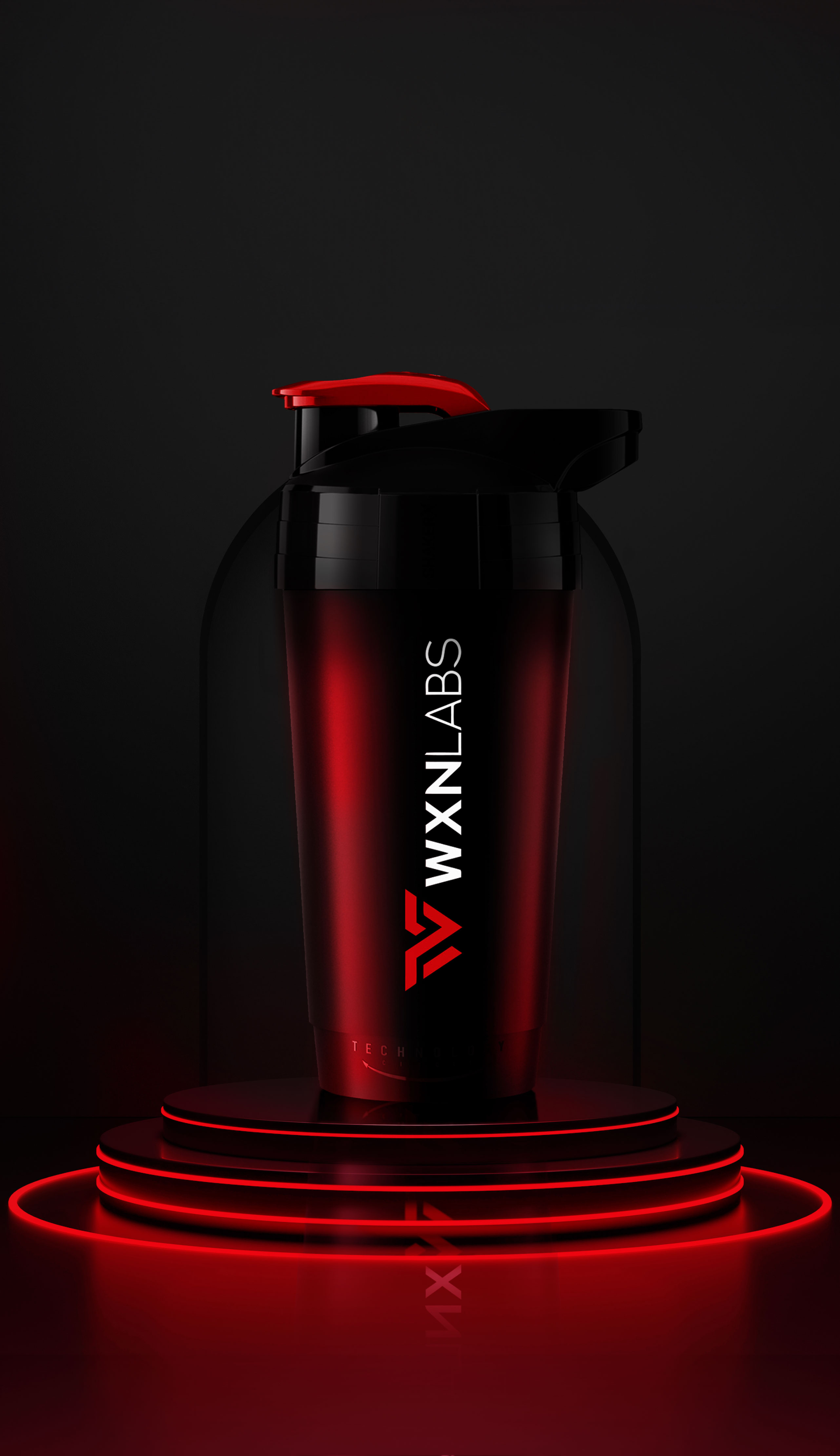Spis treści:
A well-balanced macronutrient diet, hard training, motivation and concentration are the pillars of conduct for an athlete to sustain in order to gain his athletic goals. However, the often erroneously overlooked micronutrients behind many of the body’s biochemical processes are also an extremely important aspect in proper nutrition. A good supply of micronutrients from food and supporting them with supplements is very good advice for everyone. They are a very good solution in all kinds of muscle cramps, regeneration or maintenance of proper quality of the skeletal system. Very active people, due to their high use of micronutrients, are particularly prone to deficiencies and thus have a greater need for vitamins and minerals. Depending on the preparations, if they are well composed, they can also serve in burning body fat, building muscle mass or maintaining proper condition of the immune system.
The most important minerals and their characteristics
There are many preparations on the market that contain many micronutrients and various types of elements. Among the most important of these on the part of the athlete are:
-Iron – is one of the main components of many proteins. It enters into the composition of hemoglobin forming its structural and functional basis – they help carry oxygen providing it to intensely working muscles so they can intensely produce the energy needed for exercise. It also enters into the composition of myoglobin that stores oxygen in red muscles. It is also a component of enzymes serving in many biochemical processes for example – catalase or peroxidase or cytochromes involved in the respiratory chain.
Iron can be supplemented through tablets, but in extreme cases it can also be provided by injection.
-Zinc – essential for good growth and development of the body. It participates in the regeneration of damaged cells of the body ensuring the restoration of whole tissues. It enters into the composition of many enzymes regulating their proper function. It also assimilates vitamin A necessary for proper vision, and participates in the metabolism of carbohydrates and fatty acids!
When it comes to hormone management, it also has something to say here – in women it is involved in regulating the menstrual cycle, and in men it supports fertility by regulating testosterone levels, high levels of which are desirable for athletes.
Copper – is associated with iron for a reason because it participates with it in the transport of oxygen into the cell. It is essential in the synthesis of hemoglobin. These two processes mean that without it, proper oxygenation of cells (including muscle cells!) could not occur properly. In addition, it affects concentration and brain function by improving memory processes.
Magnesium, potassium, calcium – They take part in the normal process of muscle contractions ensuring that the muscles work properly. Deficiency of these components can be associated with the occurrence of muscle twitching and contractures.
Which micronutrients are found in everyday products – examples
It is also worth providing micronutrients in the human diet because they are found in many valuable products. These include, for example:
-eggs, liver or meats that contain a lot of iron
-tomatoes, bananas, savoy cabbage, kale have a lot of potassium
-whole grain products, hazelnuts and oranges – lots of magnesium
-seafood, yellow cheese, eggs – good source of zinc
-also seafood, beef, liver, lentils -rich in copper
Important vitamins!
Vitamins are also a very important element in the diet. Most of them cannot be overdosed and will be excreted in the urine – such as vitamin C. Only fat-soluble vitamins can be stored in the body. These include vitamins A, D, E, K.
Important vitamins for the athlete are:
-Vitamin C responsible for protein absorption enabling muscle anabolism
– Vitamin B6 – to support muscle tissue growth
– Vitamin D – to help absorb calcium and phosphorus
-Vitamin E – accelerates testosterone production
– Vitamin B12 – is involved in the synthesis of amino acids, which are the basic building blocks of proteins
– Vitamin A – responsible for post-workout regeneration








